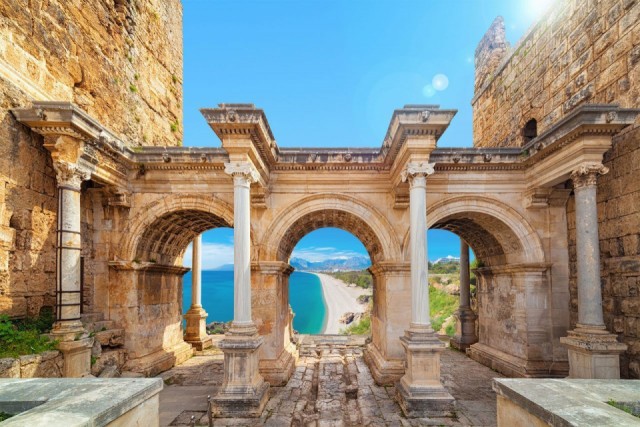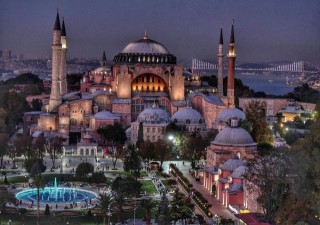
Turkey
Famous Historical Places in Antalya
Antalya has much more than the natural beauty of cities built between the mountain and the sea. There are countless ancient cities and historical artifacts where you can see magnificent structures and historical artifacts from the past. Let's learn more about these places.













